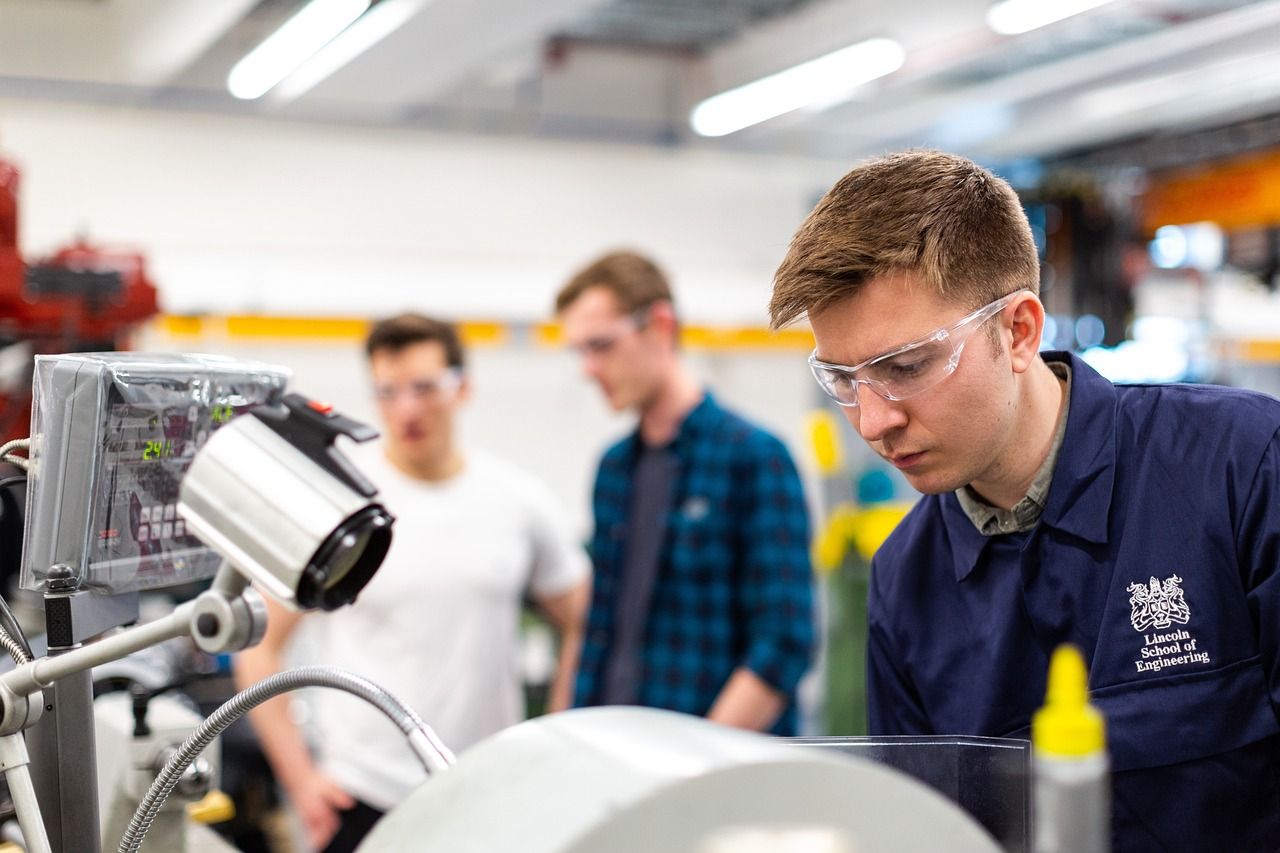
November 19, 2024
The engineering industry has long been a cornerstone of progress and innovation, but as Dr. Alan McBeath highlights in his insightful article We Need to Forge the Next Generation of Engineers, the challenges of tomorrow demand a fresh approach today. His call for a stronger focus on equipping the next generation with the right skills resonates deeply with those of us working at the intersection of education and technology.
One of the most pressing issues Dr. McBeath discusses is the emerging skills gap. With industries evolving at a rapid pace, it’s crucial that education systems adapt to keep up—not just in delivering theoretical knowledge but in preparing learners for real-world application. This challenge is not limited to engineering alone; it spans across all STEM disciplines and beyond.
As schools, colleges, and universities grapple with these demands, technology offers a powerful tool for progress. Our portfolio platform has been instrumental in supporting educators to navigate these challenges by offering a secure, sustainable, and innovative approach to assessment. By enabling online assessment for engineering qualifications and other disciplines, we’re not just helping institutions deliver on current requirements—we’re helping them build a foundation for the future.
Here’s how we’re contributing to this cultural shift:
Much like the engineering industry itself, we are driven by a culture of continuous improvement and innovation. By leveraging technology, we’re making assessments more agile, sustainable, and aligned with the needs of the future workforce. Our work with numerous schools and colleges demonstrates that education, when empowered by the right tools, can rise to meet the challenges of tomorrow.
The path forward for the engineering sector—and indeed all industries—depends on collaboration, innovation, and a commitment to evolving with the times. By addressing skills gaps head-on and rethinking how we assess and support learners, we can ensure that the next generation of engineers is equipped not just to succeed, but to lead.
You can view Dr Alan McBeath’s Linked in article here.